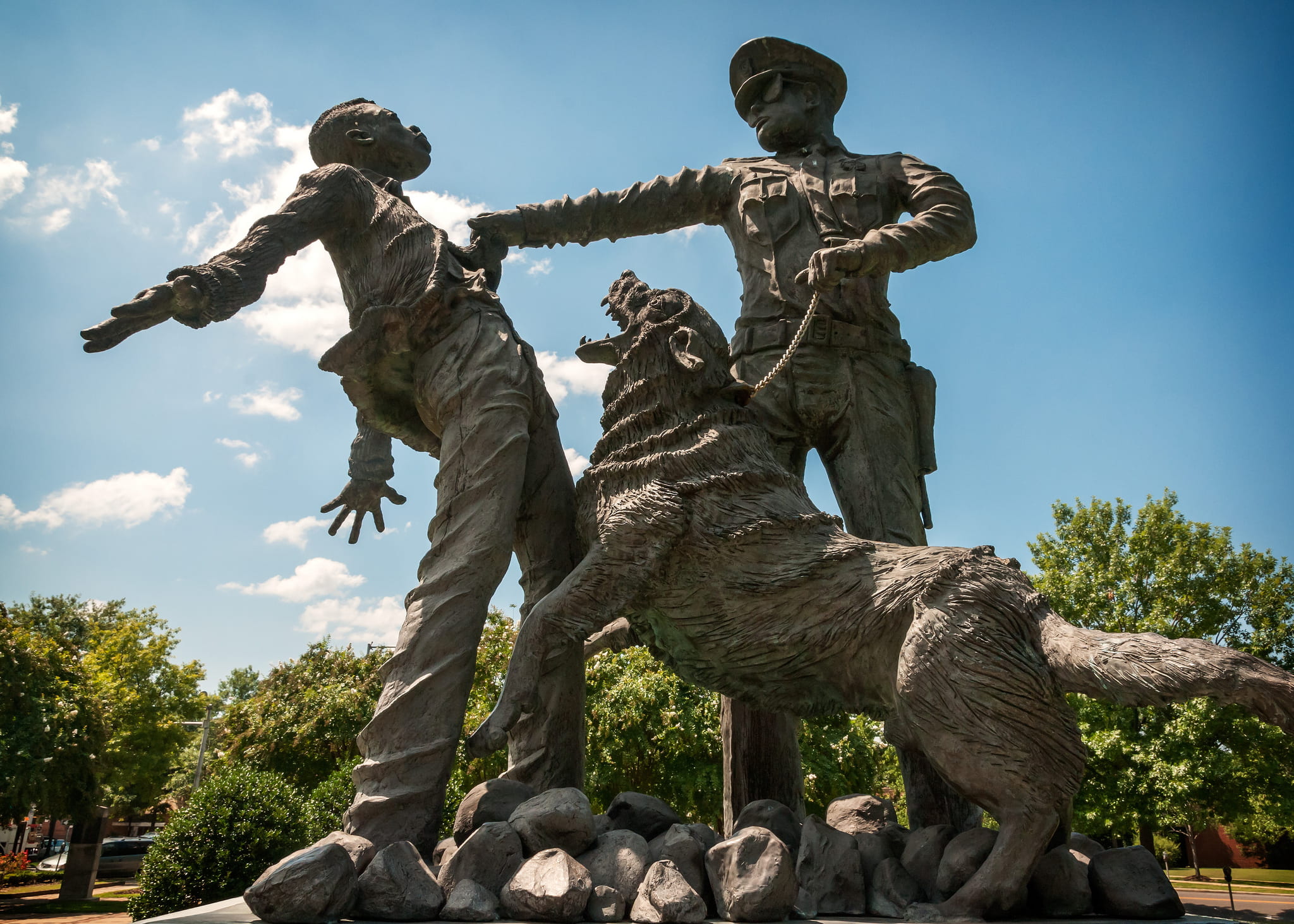On Wednesday, February 13th, the Institute for Human Rights co-sponsored an event alongside UAB’s Department of English and the Jemison Visiting Professorship in the Humanities about the legacy of civil rights activist Reverend Charles Billups. The lecture was led by civil rights scholar Dr. Keith Miller (Arizona State University) then followed with a conversation from Billups’ daughter, Rene Billups Baker.
Charles Billups’ was a pastor at New Pilgrim Baptist Church in (Birmingham, Alabama) and one the founders of the Alabama Christian Movement for Human Rights (ACMHR), a faith-based organization addressing civil rights from 1956-1969. Members of ACMHR would meet every Monday night to coordinate boycotts and lawsuits relating to segregation. Billups was a friend of fellow ACMHR member and civil rights icon Reverend Fred Shuttlesworth and was the first person on the scene after Shuttlesworth’s house was bombed. Shuttlesworth would also be the one to drive Billups to the hospital after he was beaten by members of the Ku Klux Klan.
With the civil rights movement facing discouragement nationwide, Billups was chosen by the ACMHR to lead the 1963 Children’s Crusade in Birmingham because he attended all their strategy sessions. During the demonstration, local law enforcement warned demonstrators that if they were to not back down, they would turn the dogs and fire hoses loose. Matching their physical force with the soulful force of civil rights activism, Billups taunted these threats and, as fate would have it, firefighters refused to spray the demonstrators. As a result, the Children’s Crusade, and the larger Birmingham Campaign, become a model for non-violent direct-action protest and overall success for the civil rights movement.

As a result, this moment had arguably turned to the tide for the Civil Rights Movement, grabbing national attention from the New York Times and galvanizing organizers nationwide. The next year, President Lyndon B. Johnson signed the Civil Rights Act of 1964 which put a legal halt to racial discrimination in educational, employment, and public institutions. Years later, per Martin Luther King, Jr.’s request, Billups would move to Chicago, only to be murdered by an unknown gunman in November 1968; according to Baker, the police didn’t investigate her father’s murder.
After her father’s death, Baker claimed she was angry with the world as well as God; all Baker wanted back was her father. For years, she didn’t even like to murmur the words or discuss “civil rights”. However, through the years, she has learned to forgive and wants younger generations, such as her nieces, to know about her father’s pivotal role in the Civil Rights Movement. With a greater appreciation for her father’s perseverance and sacrifice, Baker closed by saying that he, MLK, Jr., and Shuttlesworth are all smiling down on her agreeing, “She’s alright now”.
Baker’s book, My Life with Charles Billups and Martin Luther King: Trauma and the Civil Rights Movement, can be purchased here.

